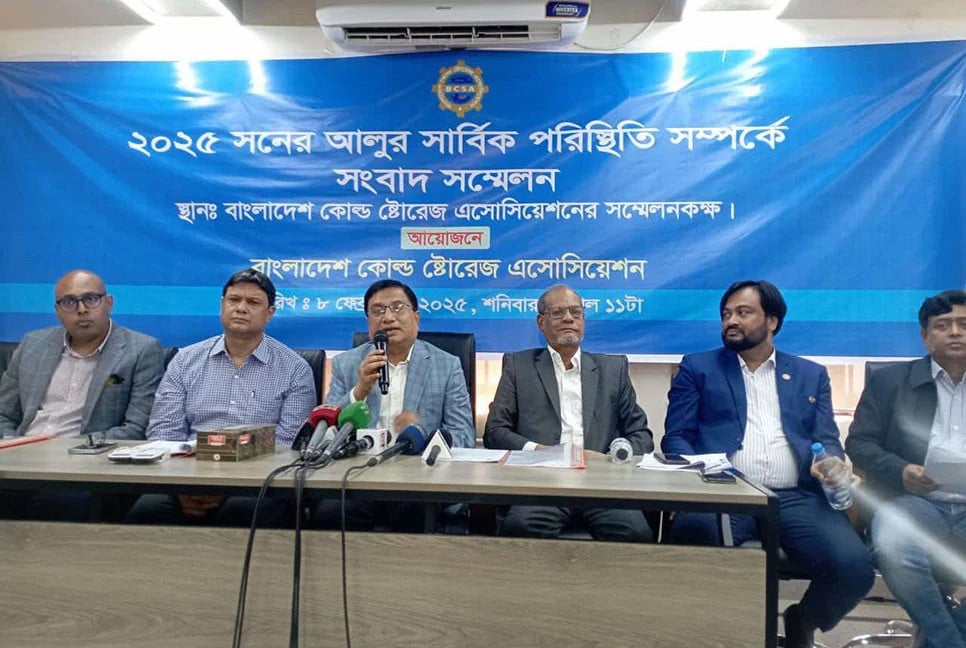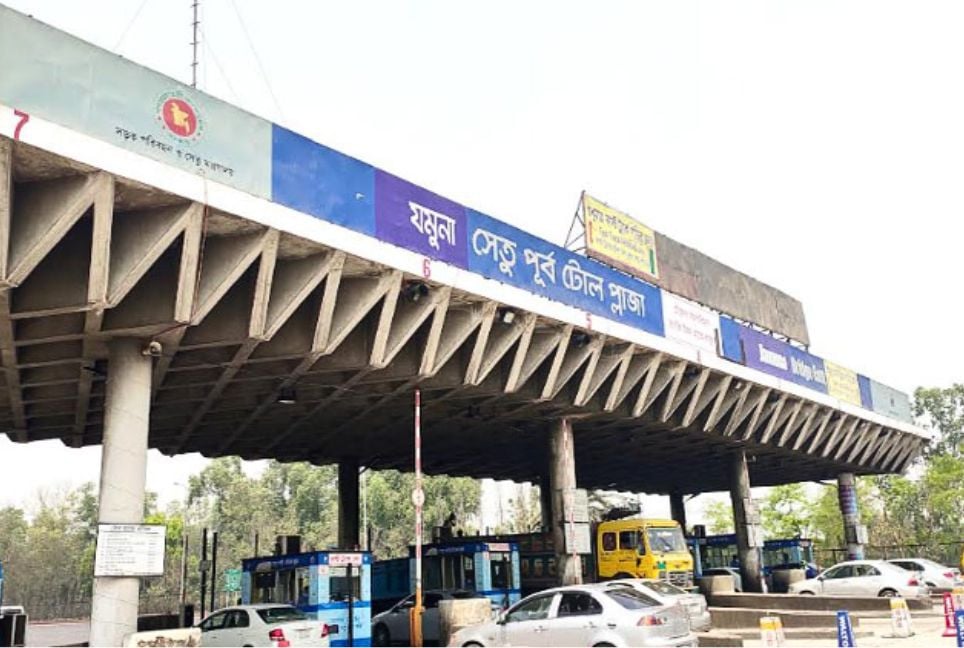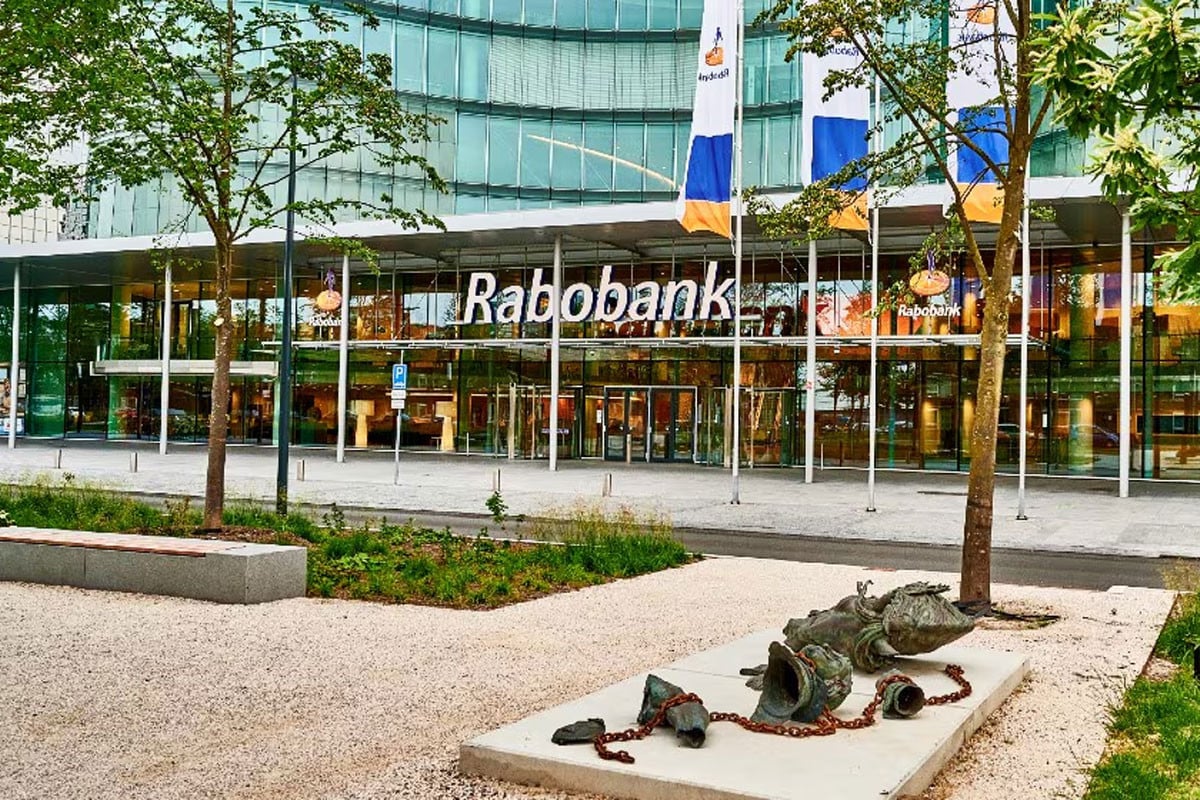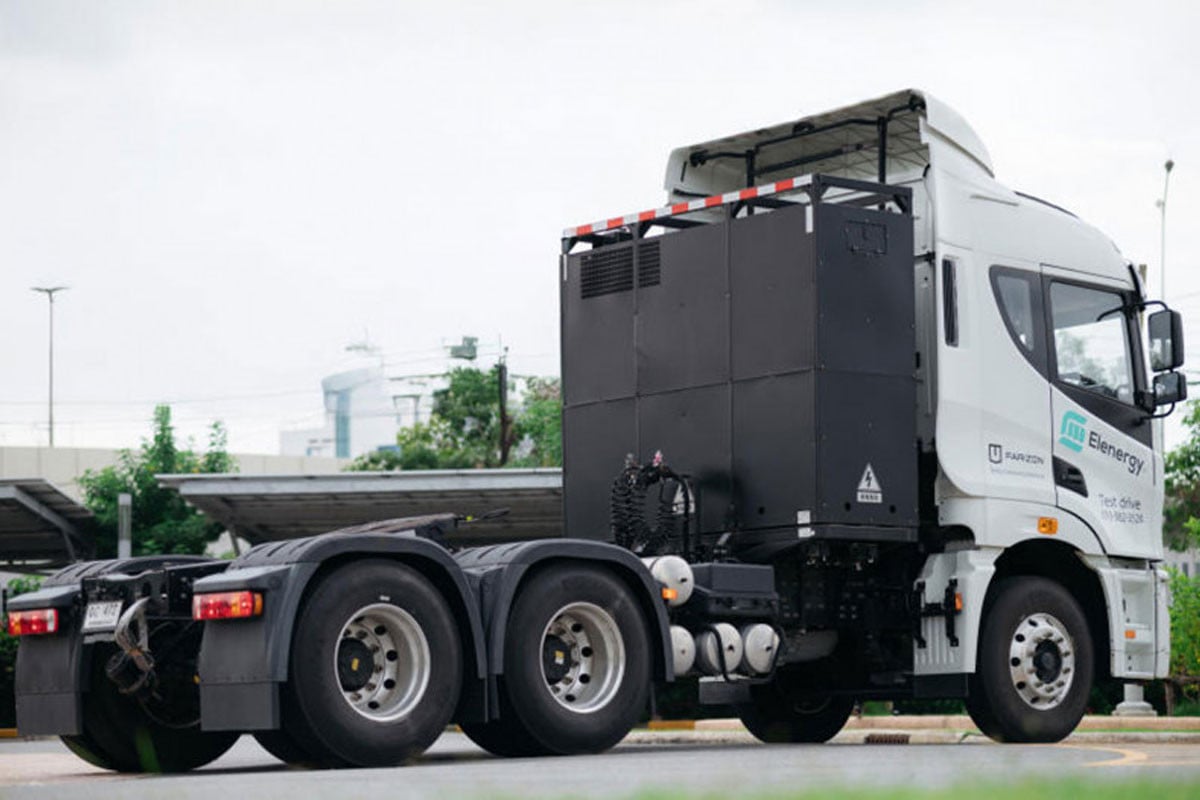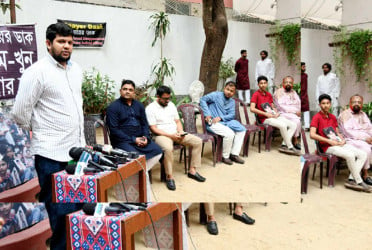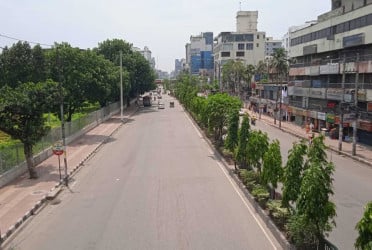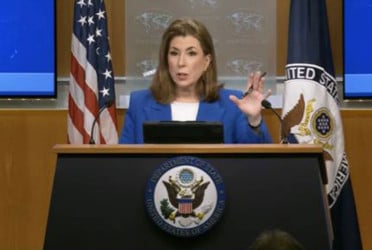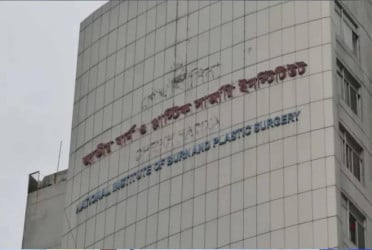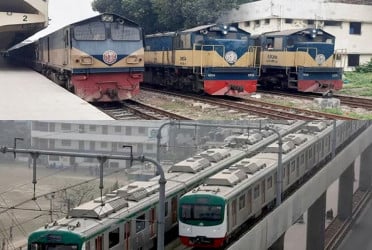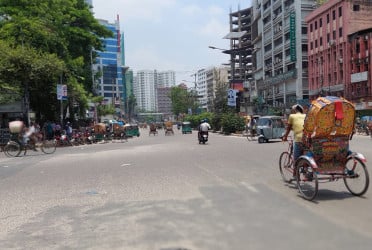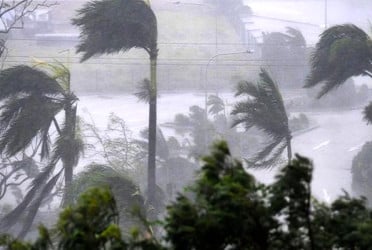The cold storage owners demanded for reducing the bank interest rate and electricity bills, aiming to reduce the storage rent while preserving potato. Besides, they demanded that the cold storage industry be declared an agro-based industry to safeguard potato farmers.
They made the demand on Saturday in a press conference held at the office of Bangladesh Cold Storage Association's (BCSA) office in Dhaka.
Presiding over the conference, BCSA President Mostafa Azad Chowdhury Babu said: “The potato price war higher in 2024 due to lower supply compared to the demand. Following the hike in the price, farmers across the country cultivated potato.”
“Hence, this year the production has increased by about 40 percent.” He said: “By the end of February, the potatoes will be sent to cold storage for preservation.”
“Currently, the interest rate on bank loans taken for the operation of cold storage has increased significantly to about 15 percent,” he informed, adding that this actually becomes 17 percent as they are bound to pay two percent penalty upon failure of repaying money.
“Electricity bills, loading-unloading and sack change costs, increased salary allowances for staff announced by the Minimum Wage Board, bonuses, honorariums, cold storage insurance, ammonia gas, lubricant oil costs, various parts and repair costs of cold storage, and other ancillary costs have also increased significantly.”
“Per kilogram potato storing process costs nine taka and 62 paisa,” he said. He added that there are some other costs which when added together will increase the costs to 12 taka and above.
Considering financial capacity of potato farmers and cold storage owners, BCSA executive committee meeting held on November 23 decided to set the rent per kg at eight taka instead of 9.62 taka.
The association leaders also informed that in 2017, as per the High Court's ruling, 50 kg sack were stored in cold storage, but gradually from 2019 onwards, it 70-72 kg sack were started to be stored in cold storage.
Despite these rising costs, cold storage owners have been operating at a loss, charging Tk 350 per 65-72 kg sack, far below the actual cost.
In 2024, the association set the cold storage rent seven taka per kg. Accordingly, the storage rent for a 50 kg sack was 350 taka.
Potato preservers’ have taken out potatoes from the cold storage by paying 350 taka for a bag weighing 70 to 72 kg. Therefore, the storage owners are being deprived of rent of 15 to 22 kg of potatoes per bag.
On average, a cold storage of 10,000 metric tons has faced a financial loss of about one and half to two crore taka.
The written statement reads that the loss lead 300 cold storage out of 400 to ‘sickness’ as the owners failed to repay the bank loans due time.
“Some beneficiaries in some parts of the country have been trying to mislead all concerned by making fabricated statements without considering the necessary costs of operating cold storage facilities in light of reality.”
The written statement said that in 2024, based on financial analysis, the rent per kg was fixed at 7 taka. But some middlemen and beneficiaries are hiding the truth and saying that in 2024, the rent per kg was 4 taka.
The association president reads the statement: “Since such misleading information will create problems in the smooth operation of the country’s cold storage industry, we have organized this press conference for the kind information of all concerned through you [Journalists].”
“In 2013, 2014, 2015 and 2017, there was a terrible price drop in the potato market. As a result, many farmers and traders who stored potatoes in cold storage did not take out the potatoes stored in the cold storage, and the cold storage owners faced huge losses.” They are still overcoming the loss.
“In this situation, if some vested interests apply pressure to unreasonably reduce the rent per kg for storing potatoes in cold storage for their personal benefit, then the cold storage owners, who are in financial crisis, will not be able to operate the cold storage. This will cause huge losses to potato farmers, traders involved in this sector, and cold storage owners, and may cause a massive economic disaster, including disruption to the country's food security,” the statement added.
President Mostafa Azad Chowdhury Babu said: “The interest on a bank loan taken in favor of a 10,000 metric ton capacity cold storage facility is converted to 5 taka 86 paisa per kg of potato storage and if electricity cost is added to it, it is 6 taka 96 paisa.”
“This amount straightly goes to pay the installments of the bank loan (principal + interest) and electricity bill.”
“If the storage owners fail to pay electricity bills regularly the authority disconnect the connection from the following month abiding by the rules,” he continued, adding: “This will cause the potatoes stored in the cold storage to spoil, which will cause serious loss to both the potato preservers’ and the cold storage owners.”
The statement also informed that if the potato storage rent in the cold storage is to be brought to a bearable level for the farmers to provide protection to the potato farmers, the government will have to take some steps by declaring the cold storage industry an agro-based industry.
The steps include - interest on bank loans, including penalty interest, to be reduced from the current 17 percent to seven percent. The unit rate of electricity bill should be reduced from 13 taka 62 paisa during peak hours and five taka during off-peak hours instead of nine taka 62 paisa.
The also demanded the withdrawal of VAT and TDS. Loan installments should be made annual instead of quarterly loan installments.
Translated by Afsar Munna

